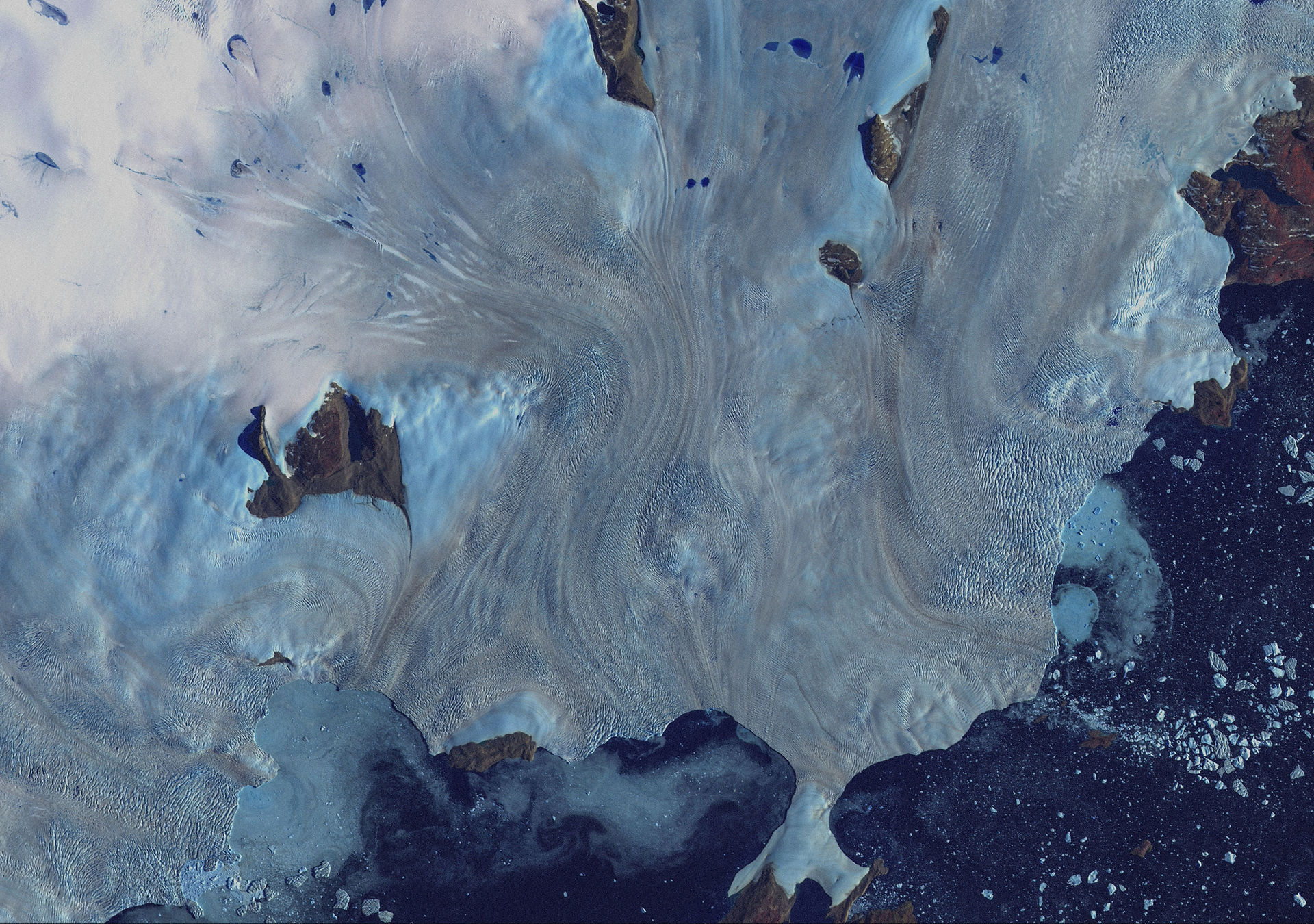

Issue VII
To say that the world has drastically changed since our last issue can hardly be called an overstatement. The coronavirus pandemic has altered our everyday lives in profound ways, its impacts both universal and unequal. The death toll has run up to millions, healthcare infrastructures have collapsed, and vulnerable populations particularly in the Global South live in greater precarity than ever.
The various stages of lockdowns across the world have given rise to popular narratives of 'nature healing itself' and 'reclaiming' space. But these narratives mask the insidious ways in which social and environmental protection laws are diluted by governments to recover their economies. In other words, the new normal is turning out to be a familiar variation of our old ways. But the pandemic has shown that anthropogenic pressures on our planet could potentially lead to many more such unexpected, world-altering catastrophes.
In the opening piece of this issue, Melaina Dyck’s invitation to sit with the question “What is your next exhibit on our Anthropocene tour?” reflects the unsettling reality of the climate crises — many of us who carry greater responsibility for anthropogenic emissions can afford to watch its impacts unfold from a distance. Meanwhile, the lived realities of people experiencing environmental change disproportionately in everyday life rarely make it to the forefront of climate discussions, even at world climate summits. As world leaders prepare to meet in Glasgow for COP26, it remains to be seen whether the pandemic has spurred greater urgency towards climate action and responsibility across countries — keeping the growing precarity among vulnerable populations in mind.
This issue of Anthroposphere brings together stories and perspectives on the unexpected fallouts of environmental change. Matt Clark explores the unintended consequences of projects imposing conservation frameworks of Global North institutions in the island of Pemba. The unexpected consequences of rising temperatures is given artistic expression in Joseph Fox’s photographs of peeling cars in Spain.
The issue also discusses environmental solutions emerging from often overlooked landscapes. Jamie Walker writes about the ‘underdog ecosystem’ — peatlands — and their role in regulating global climate. Banashree Thapa looks at the debates surrounding the use of defunct offshore oil rigs for conservation efforts, while Abigail Allan explores the potential role of historic ships in climate mitigation. Through its unique combination of journalism, art, photography and diverse disciplinary perspectives, the latest edition of Anthroposphere presents a range of stories of the climate crisis in all their complexity.
Get Issue VII in print here.
All proceeds go towards printing, designing and maintaining our publication, and your contributions will help keep our climate journalism interdisciplinary and accessible for all.
scroll
Head Editors
Daniel Bertram
Divya Godbole
Vinita Govindarajan
Sub-Editors
Kate Cullen
Kavya Chowdhry
Karl Dudman
Chup Priovashini
Eduardo Queiroz Alves
Jonathon Turnbull
Art and Creative Director
Etta Stevens
Artists
Alex Still
Ben Beechener
Josie Illingworth-Law
Mia Clement
Shristhi Aditi Patra























